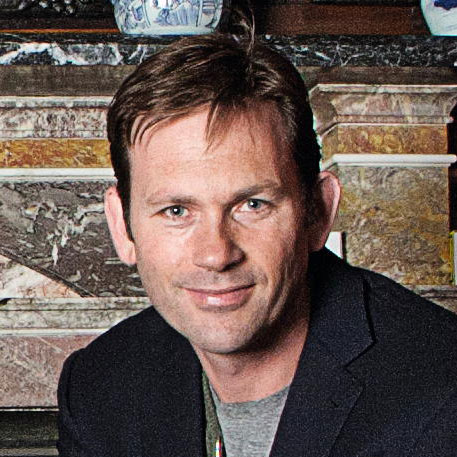The extraordinary Exe Estuary, by the Earl whose family have lived here for 700 years
Charles Courtenay, the 19th Earl of Devon, shares his own personal piece of heaven: the Exe Estuary in Devon.
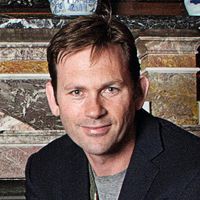
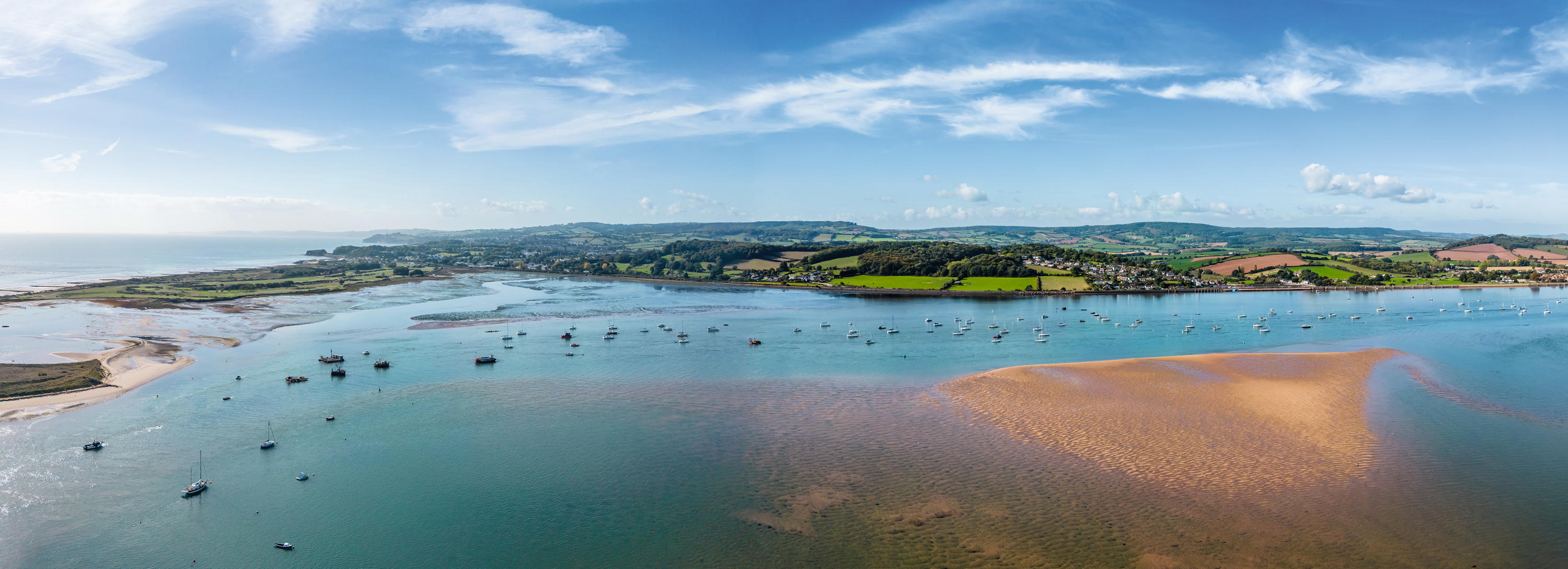
This summer, we celebrate 700 years living alongside the glorious Exe Estuary in Devon — there is no place like home! In 1325, Margaret de Bohun married Hugh de Courtenay, Earl of Devon; her dowry was the Manor of Powderham. Their fifth son, Sir Philip, built the castle and established a cadet branch of the family that has called Powderham home ever since.
Powderham means ‘village on a marsh’ and the low-lying landscape and our relationship to it is defined by the tides and the seasons, a blend of human and natural history. Phoenicians traded up the Exe’s tidal inlets before the Romans arrived, naming the river and the city ‘Isca’ for the abundance of fish. Until only recently, the Exe was synonymous with food and trade.
The weir at Countess Wear powered the family’s mills and ensured ships docked at Topsham, the family port. Trade grew, making the Exe England’s second busiest port, importing wine and radicalism in return for serge cloth and pilgrims. Once Henry VIII had beheaded the Earl of Devon, his cousin, Exeter, regained its link to the sea with Exeter canal, the first in England, built in 1542.
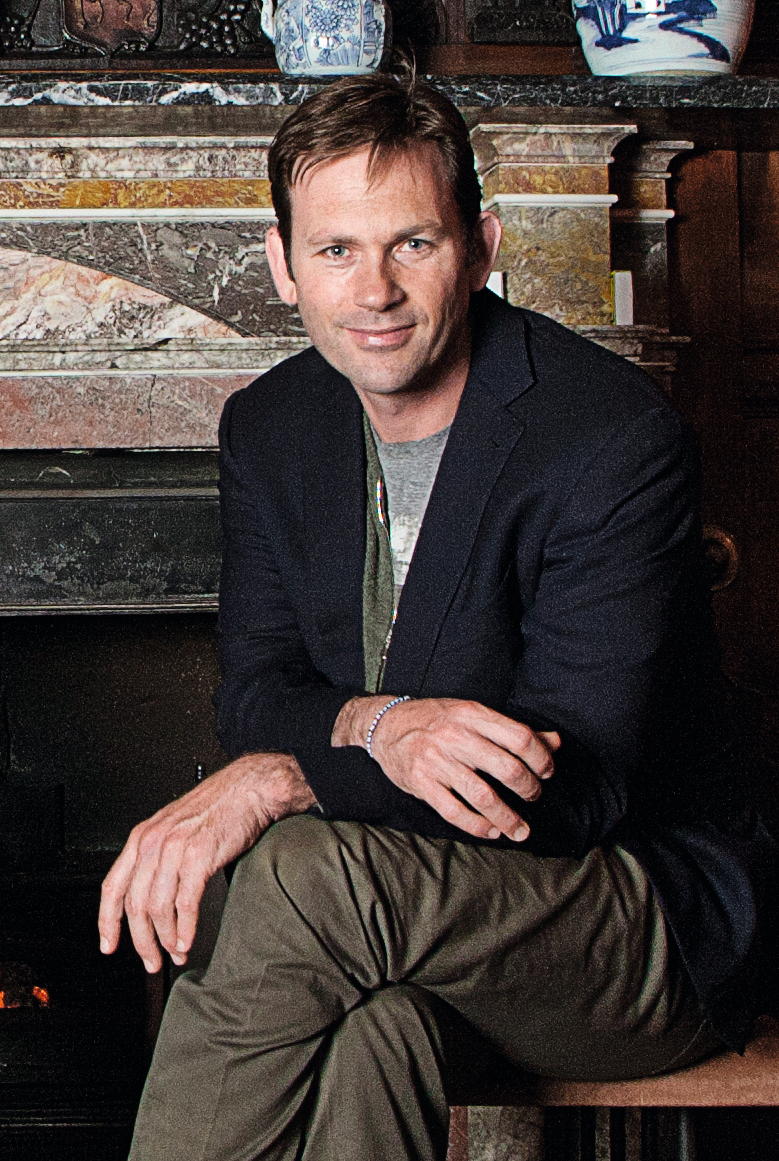
The family of the 19th Earl of Devon has lived at Powderham Castle for 700 years.
Further down the west bank stands the ancient church of St Clement, patron saint of seafarers, on Powderham Point, the family mausoleum. It was also the site of the Civil War Battle of Powderham. During the 1600s local fishermen crossed the Atlantic to harvest the cod-banks of Newfoundland, preserving their catch in salt from Powderham’s salt pans, traces of which are still visible in the marshes that were later drained to create rich pasture, making the Exe famous for its spring lamb. Wildfowl were harvested off the foreshore and decoy; the Exe now boasts SSSI and Ramsar protections for overwintering birds.
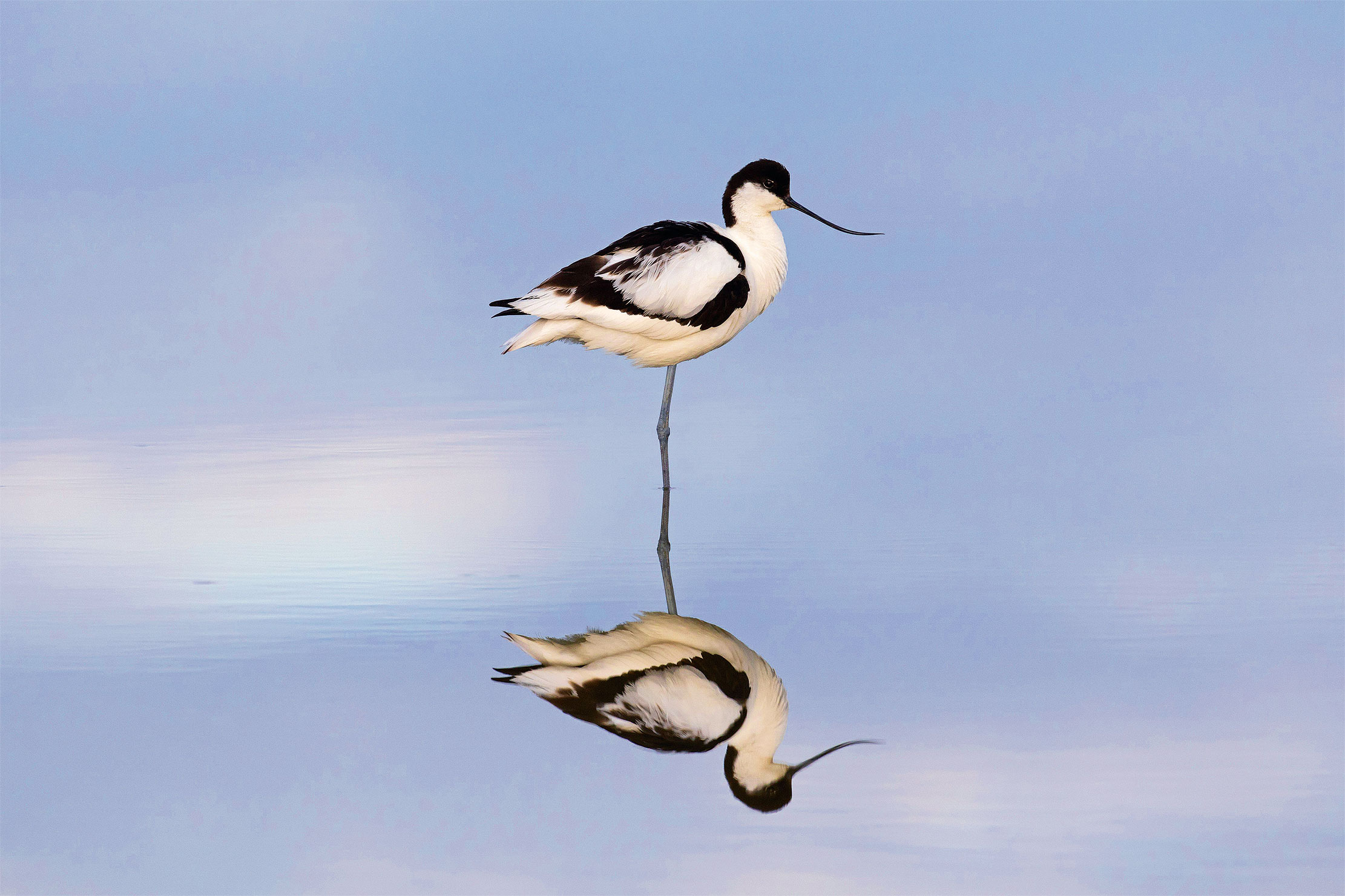
Seeing double: an avocet in the Exe Estuary
The lower Exe is filled with boats on moorings, in a long leisure-sailing tradition. The family began hosting fêtes-marine (regattas) and founded the Starcross Yacht Club in 1772, the oldest sailing club on record and now housed in the Powderham family’s boat house. The rise of leisure led to the designed landscape of the Powderham deer park, with its herd of fallow deer and veteran trees. The Gothic Belvedere tower has the finest views up to Exeter and out to sea. Exotic trees line the estuary banks, imported from across the globe by the nurserymen Veitch, Luccombe and Co.
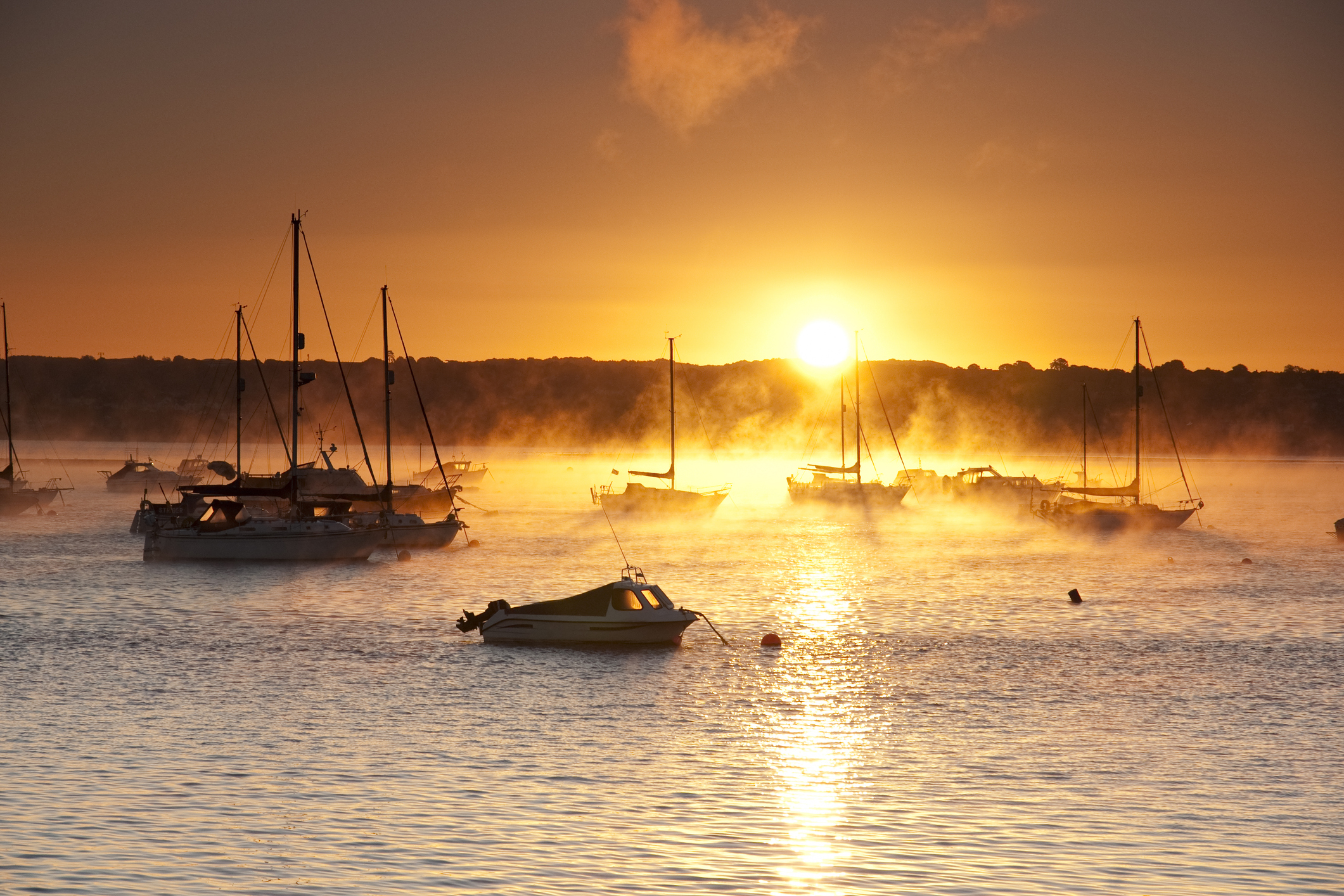
‘The Exe is as it has always been, a crucible of activity between humans and Nature.’
In the 1840s came modernity in the form of Brunel’s Atmospheric Railway, bringing folks from the Midlands to holiday in Dawlish and on the English Riviera. It now carries fast GWR trains that break the stillness of the estuary. On Dawlish Warren, holidaymakers abound, alongside the old links golf course and a sanctuary for wading birds. The Exe is as it has always been, a crucible of activity between humans and Nature.
Favourite place for a pint
The Turf locks, at the mouth of the canal, only reachable by bike or on foot along the Exe Cycle Path.
Exquisite houses, the beauty of Nature, and how to get the most from your life, straight to your inbox.
Local delicacy
Curried cockles, historically picked by the ladies of Starcross, who shocked travel writer Fannie Bernie by showing off their ankles.
Charles Courtenay, the 19th Earl of Devon, is a barrister and owner of the Powderham estate, Devon — www.powderham.co.uk
Charles Courtenay, the 19th Earl of Devon, is a barrister and owner of the Powderham Estate.
